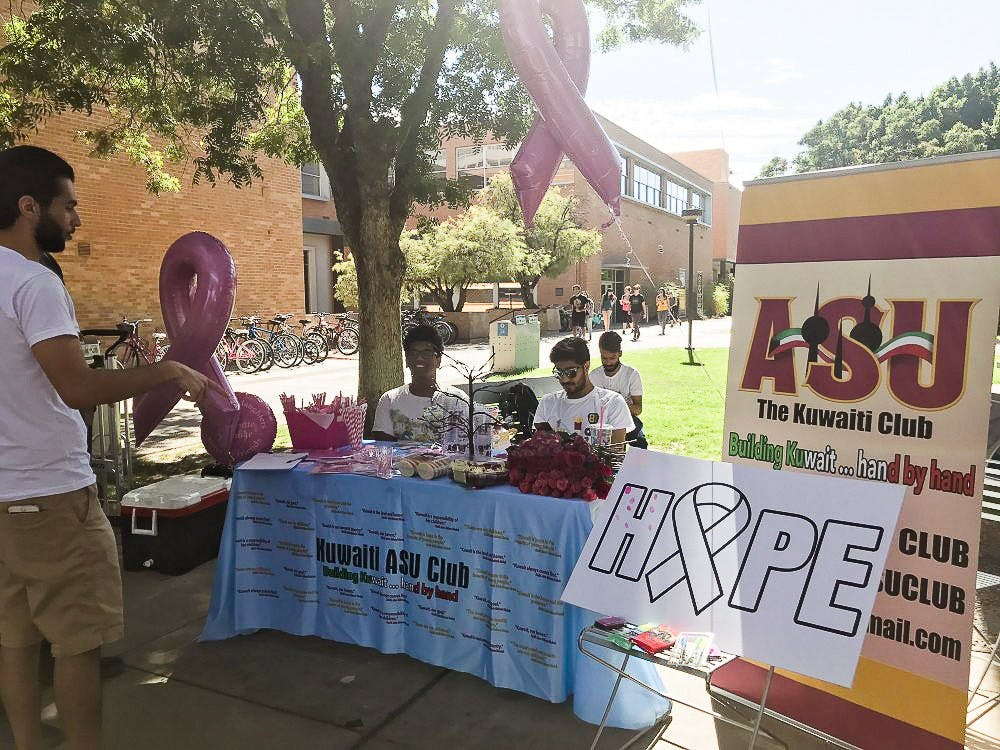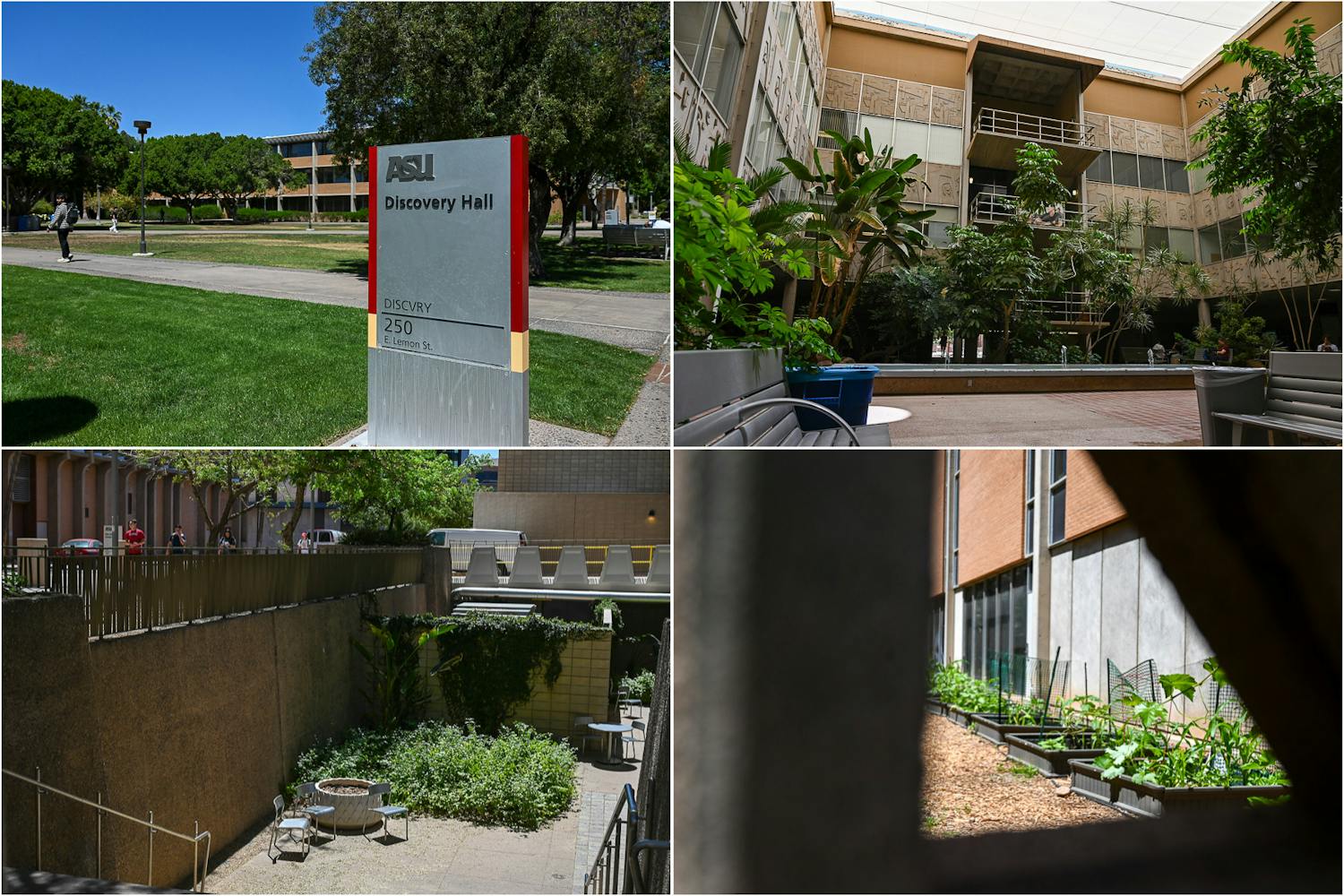Breasts are a hot topic in today's media, but they are often overlooked as potential hosts for disease. As a result, college students fail to recognize breast cancer in its early stages.
Despite being young and healthy, it is important for college-age individuals to view their breasts from a physiological perspective.
Students are susceptible to breast cancer, along with all other men and women, and should be aware of the precautionary measures they can take to prevent it.
The most important step in preventing and diagnosing breast cancer in its early stages is for people to check their breasts for abnormal bumps and lumps — even if they feel like they are too young and healthy to have cancer.
Part of the reason why young students may not feel the need to watch out for breast cancer is because breasts are not portrayed as body parts in the media – they are perceived as sexual object.
“Breasts have been sexualized going back to the start of times, and sexism is a part of our culture – it’s institutionalized,” Lisa Whitaker, senior lecturer for the T. Denny Sanford School of Social and Family Dynamics at ASU, said. “In our culture, breasts are seen mainly as a sexual body part. Breasts are a natural body part and can get cancer like any other body part, but culturally the sexual stereotype persist.”
Students may not be aware of the subtle implications of the sexualization of breasts and how it affects their perceptions on breast cancer. While it is more rare for younger adults to be diagnosed with breast cancer, it is still a possibility.
Therefore, it is vital for students to check their breasts regularly for bumps and tumors.
Women should know the normal shape, size and texture of their breasts, which will make finding abnormalities easier.
If any abnormality is found or suspicions arises, students should notify their doctors immediately.
It is necessary that we educate college-aged women about the importance of breast cancer awareness. There are various organizations on ASU’s campuses that are spreading awareness about this issue and are urging others to stand up for breast cancer victims and survivors.
The Kuwaiti Club, along with other ASU clubs such as the Womyn's Coalition, have been promoting breast cancer awareness in light of Breast Cancer Awareness Month, which takes place every October.
“The Kuwaiti Club ... is working for uninsured women who need medical support and access to mammograms,”Hamad Alshehab, an ASU sophomore majoring in electrical engineering, said.
Alshehab also said that there are opportunities through the AZ Tech Radiology that provide mammogram screening and diagnostic testing for reduced prices.
Jazmyne Leigh, a freshman majoring in business, has a family member who has been greatly affected by breast cancer.
“It’s absolutely important for students to check regularly raising awareness for breast cancer reminds students to check – it’s very important and helpful,” Leigh said.
Students may forget that breasts are just as susceptible to disease as any other limb on their body. They must be cautious and consistent with breast examinations, and regardless of breasts' perception in the media, and students should place their personal health over everything else.
Reach the columnist at nlplunke@asu.edu or follow @ninalplunkett on Twitter.
Editor’s note: The opinions presented in this column are the author’s and do not imply any endorsement from The State Press or its editors.
Want to join the conversation? Send an email to opiniondesk.statepress@gmail.com. Keep letters under 500 words and be sure to include your university affiliation. Anonymity will not be granted.
Like The State Press on Facebook and follow @statepress on Twitter.




